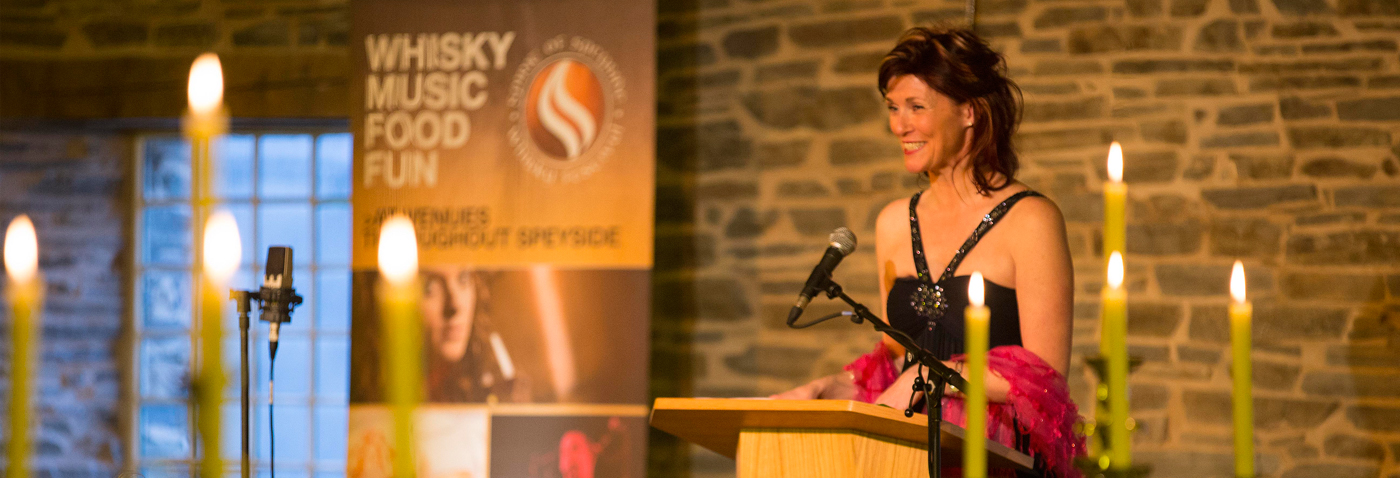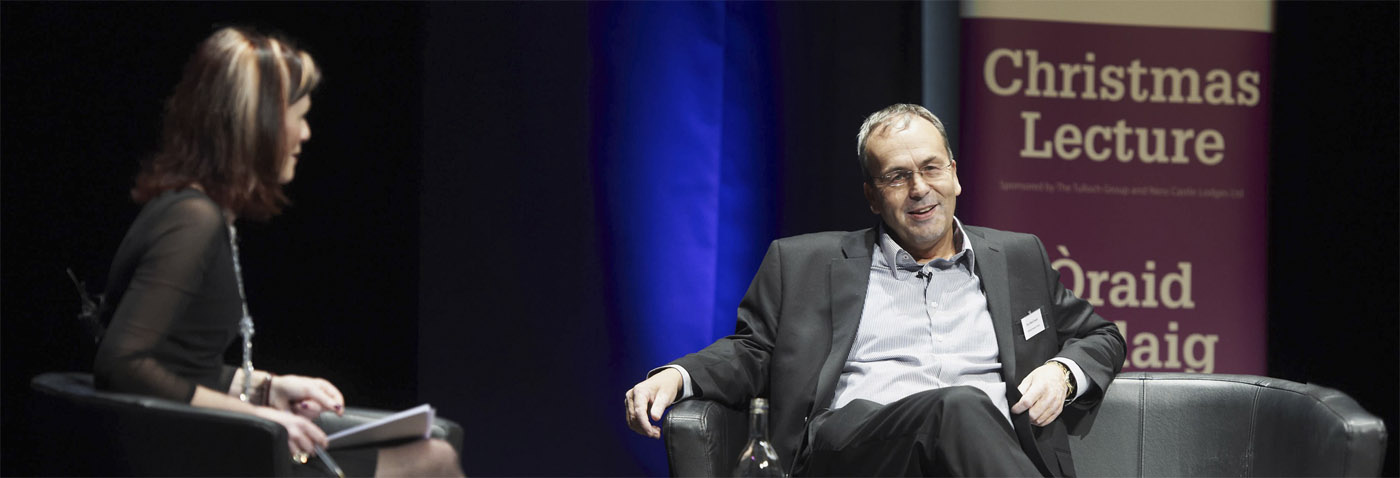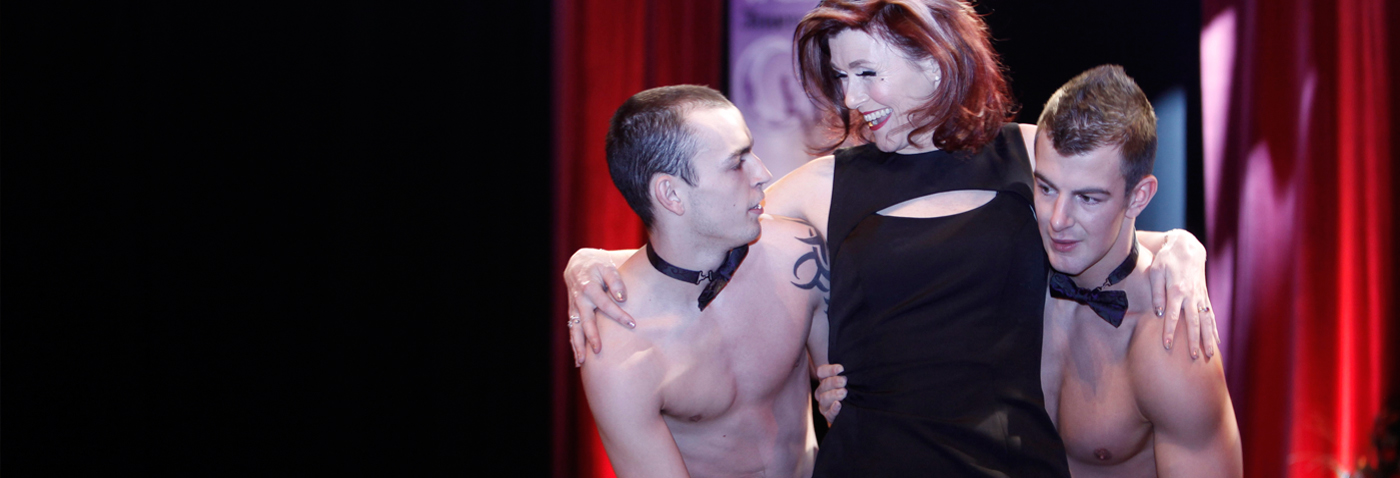Caster Semenya’s success has highlighted sore losers
No one likes to lose. Losing is hard, especially if it’s something you have been studying, training, practicing or working hard towards for a long time. Losing is tricky. Losing hurts. Losing requires you to acknowledge that, frankly, there is someone out there who is better than you are. Or to accept that perhaps you didn’t quite try hard enough.
But if there is anything that we like less than losing, it’s a sore and bitter loser. Sadly, the women’s 800m final of the Rio Olympics were evidence that the words ‘gracious in defeat’ have no meaning for at least two of the athletes.
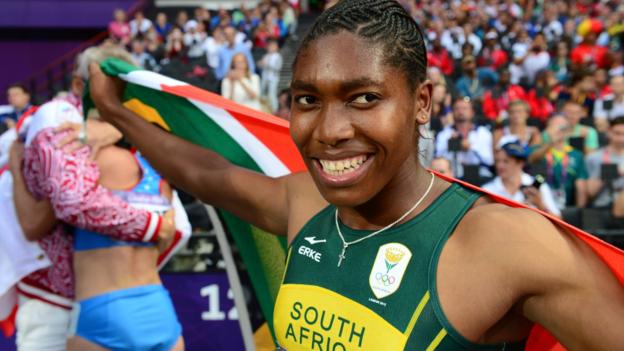
Caster Semenya
Image: Getty images
In case you missed it, the clear winner of that race was South African runner Caster Semenya, who beat Francine Niyonsaba of Burundi and Margaret Wambui of Kenya to Silver and Bronze medal positions respectively. Team GB runner Lynsey Sharp placed sixth, and gave a tearful interview, admitting that it was ‘difficult’ to compete against ‘intersex’ athletes. Her comments were directed at Semenya, but there were hints that the other two medallists were implicated in her remarks too.
But it’s worse than that. While Sharp came across as misguided and a poor loser, fifth placed Polish athlete Joanna Jozwick’s remarks were both racist and inflammatory; she said she felt ‘like a silver medallist’, being proud to have finished as the ‘first European’ and ‘second white’.
Semenya has been at the centre of controversy since she stormed to gold in the 2009 World Championships at the age of just 18. She has a condition called hyperandrogenism, which means that the levels of testosterone in her body are approximately three times higher than in most women, giving her characteristics that are more commonly found in men.
Just three hours before her world title victory in 2009 Semenya’s right to compete was called into question and she was forced to undergo a humiliating gender test. She has no womb or ovaries and instead, due to a chromosomal abnormality, internal testes, but she is undeniably, scientifically, a woman. Because of the increased testosterone which naturally occurs in her body she is taller, carries more muscle and, crucially, she is faster.
Therefore she has an advantage, but it is a natural advantage which is caused by her condition, and she can no more alter it than Michael Phelps can alter his size 14 feet or his huge paddle-like hands. These physical attributes give Phelps an advantage over his fellow swimmers, but we don’t hear his fellow competitors calling for him to be banned from the pool.
So why all the heartache with athletics?
It’s the fault of the International Association of Athletics Federations that this bad feeling has arisen, because they misguidedly intervened with measures to try and temper Semenya’s natural advantage. In 2010 they ruled that she must take testosterone suppressing drugs to level out the playing field, and in London 2012 she won the Silver Olympic medal in the 800m. But that ruling by the IAAF was deemed to be controversial, and was overturned by the Court of Arbitration for Sport last year, meaning Semenya could compete in Rio 2016 drug-free. Drug free. Just as every other athlete should compete.
The thing about sport is that it requires that all competitors play by the same rules. And the rules, as they stand, mean that Semenya won the women’s 800m in Rio fair and square. Sharp and Jozwik would be well advised to accept the decision and move on. Sharp did well to gain a PB, and should be celebrating that but instead she has come across as a bad loser. As for Jozwik’s remarks about being proud to have been ‘first European’ and ‘second white’ across the line, she should be investigated for bringing the sport into disrepute. What would she prefer – an 800m final for white athletes and another for black? Perhaps there should be a men’s’ 100m final for those under 6’ tall, and another for those 6’ and over? That would have kept Usain Bolt in his place…
Every athlete working hard to exploit their natural advantage to achieve success is what sport is all about – the fastest, the strongest, the fittest, and the best. But it should also be about sportsmanship. Sharp and Jozwick should be ashamed of themselves.
Turning our backs on ‘Back to School’
If your Facebook timeline was anything like mine, then last Tuesday it was full of ‘Back to School’ poses – kids in shiny shoes, with neatly brushed hair standing at the front door with a slightly glazed ‘whatever happened to the summer holidays?’ look in their faces.
This year was the first year for 15 years that we didn’t have a photo to post.
With our work finally complete (both girls have reached adulthood with all limbs intact and without any of us having attempted murder) Mr Marr and I had escaped to Auld Reekie for a few days at the Edinburgh Festival.
And as a message to all our friends still struggling through the school years, we posted a photo of ourselves lying in the sunshine in Princes Street Gardens between shows.
It’s tough being a parent, but it the tough bit doesn’t last forever. Happy Days indeed.
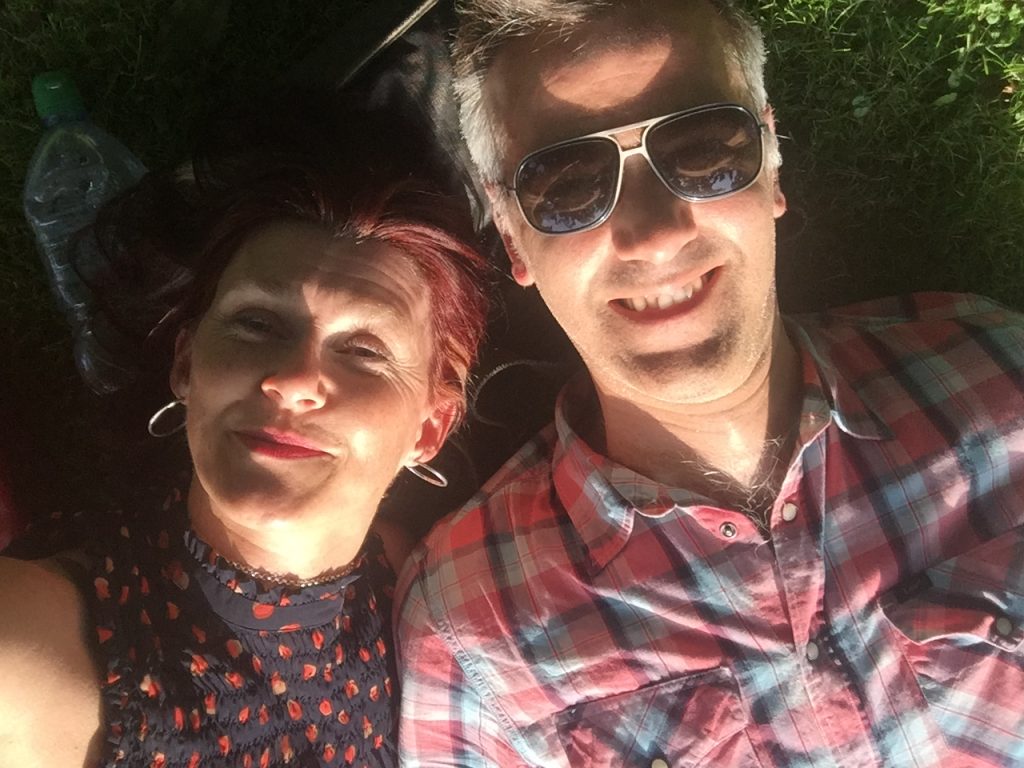
This column first appeared in six SPP Group newspapers week ended 26th August 2016.
It’s good to share – and it’s easy, using the buttons below.

